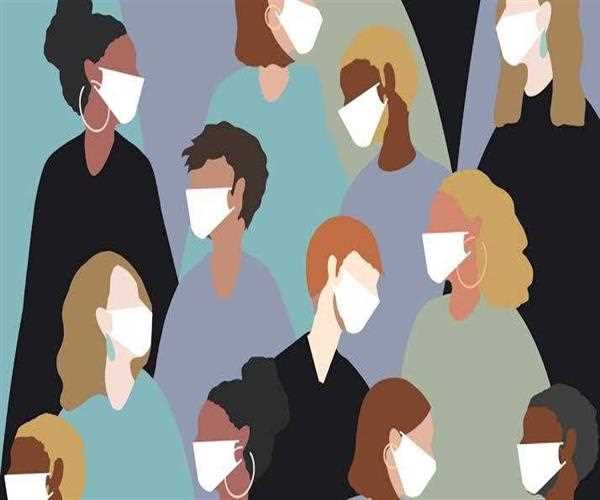
08-Apr-2020
Latina America Standing Up Against Corona
Going up against a pandemic is an overwhelming preliminary in any event, for the most progressive economies. For obliged governments in Latin America and the Caribbean, it is more enthusiastically still.
Numerous nations' monetary positions are more terrible now than they were the point at which the 2008 worldwide money related emergency ejected. More awful, improvement arrangements that work in typical occasions won't neutralize the aftermath from COVID-19, and financing is getting progressively rare as speculators escape to more secure resources and markets.
Somewhere in the range of 2008 and 2019, Latin America and the Caribbean's normal by and large financial equalization slid from - 0.4% of GDP to - 3%, and normal open obligation developed from 40% of GDP to 62%. These numbers are an outcome of botched chances, especially during and after the "Incomparable Recession" in the United States.
In 2008-09, most governments in the district expanded uses to continue total interest. Financial bundles found the middle value of 3% of GDP, yet contrasted across nations. Those with low obligation levels had the option to execute significant upgrade measures, while those with high obligation needed to experience a monetary contractio
By and large. Though Chile and Peru have space for spending, Argentina, Ecuador, and different nations will battle.
Another issue will be the structure of monetary boost, which can have expansive ramifications for what's to come. Genuine counter-repetitive strategies call for just momentary uses. Be that as it may, in the 2009 monetary extension, just about 66% of spending went toward more significant compensations and lasting exchanges, which are hard to opposite, and in this manner not maintainable. By tightening up these present consumptions, numerous nations heated in future monetary deficiencies.
Inferable from these conditions, the general size of the area's financial bundles should be littler than before, except if nations are happy to expect extra macroeconomic dangers, or to slice different expenses to prepare for projects to battle COVID-19. Clearly, constraining the spread of the infection, boosting wellbeing consumptions, and keeping away from a wellbeing foundation breakdown are quick needs.
The ideal opportunity for accomplishing maintainable, wide based development will come later. In addition, standard macroeconomic improvement strategies may not be viable at this point. While capital use is ordinarily the best instrument for counter-repeating arrangements (since it has the biggest financial multiplier), it won't really work when building locales and numerous different work environments have become center points of infection.
Policymakers planning pandemic-reaction bundles likewise should guarantee that consumptions are impermanent, with the goal that they can be dialed back when the emergency passes. Numerous individuals will lose pay because of self-disengagement, so sponsorship programs for poor people and the individuals who depend on the casual economy are basic. To stay away from perpetual increments to existing exchange programs, these endowments ought to be diverted through independent records with clear nightfall provisos.

Content Writer/Journalist
I am a content writter !
Join Our Newsletter
Subscribe to our newsletter to receive emails about new views posts, releases and updates.
Copyright 2010 - 2026 MindStick Software Pvt. Ltd. All Rights Reserved Privacy Policy | Terms & Conditions | Cookie Policy